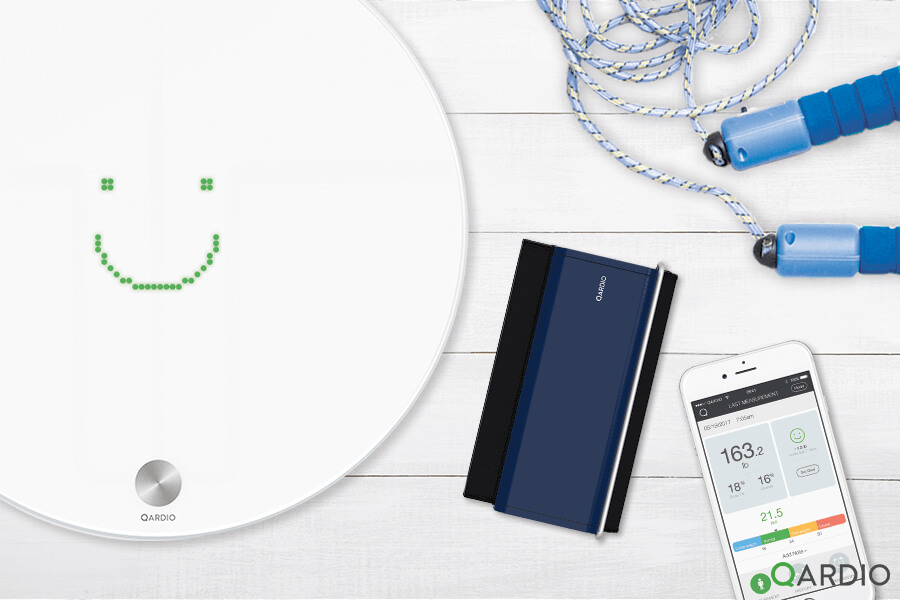Heart disease affects over one in three Americans, including 85% of people over 80, so it is an important condition to understand. Heart disease is an umbrella term used to describe all heart conditions, including congenital or inborn heart defects, arrhythmias, constricted blood vessels, and structural issues with the heart’s musculature or valves.
Most often people associate the term “heart disease” with arterial plaque buildup, which can lead to heart attacks, angina or chest pain, or strokes. In the medical world, diseases related to plaque buildup are called cardiovascular diseases, but most people lump “cardiovascular diseases” under the “heart disease” umbrella. Cardiovascular diseases are the number one cause of death globally, but fortunately, they can be prevented with a healthy lifestyle.
How much does regular exercise factor into heart disease prevention?
A host of studies have shown an inverse relationship between physical activity and the occurrence of heart disease. In other words, increased physical activity undeniably leads to decreased heart disease risk. The National Institute of Health recommends at least 30 minutes of moderate activity on most days. Even going on an evening walk can substantially reduce heart disease risk. A small amount of activity can have a huge impact on cardiovascular health.
For people with a history of heart disease in their family, the QardioCore wireless ECG monitor offers a detailed, complete way to monitor their cardiovascular health. As at-risk or health-focused people integrate more physical activity into their lives, QardioCore tracks activity, heart rate, and respiratory rate, storing all of the data on the Qardio App. Users are then presented with a holistic picture of their overall heart health and day-to-day improvements. They can even share Qardio App data with their doctors, which allows for total heart health monitoring.
What is the best diet to reduce heart disease risk?
In many people’s minds, saturated fat (or fat often derived from animal sources) leads to heart disease. While limiting fat from animal sources might be wise, saturated fat and high-cholesterol foods like eggs should not be demonized. The best diets in terms of heart disease prevention are all similar. The total amount of fat consumed does not matter, but the sources of fat do. Nuts, seeds, avocados, olive oil, and fish contain the most beneficial fats. Vegetarian, vegan, and plant-based diets also have positive impacts on heart health. But for most people, it is not realistic to stick to an entirely meat-free diet. In short, everyone should aim to eat “real” food—whole grains, nuts, fruits, vegetables, and meat and fish—on a regular basis.
Most people fail when they suddenly decide to diet, but slowly replacing processed food with real food leads to sustainable weight loss. QardioBase scale and body composition analyzer—named one of the 2017 best smart scales by Men’s Fitness—allows gradual weight loss to be tracked in the Qardio App, which creates consistent motivation. Beyond a simple number on a traditional scale, QardioBase provides information about full body composition, including the ratio of muscle to fat over time. Building a healthy, heart disease-resistant body comes down to more than weight—it involves slow habit changes creating big changes in full body composition. Tracking health improvements, attaching data to improvements in diet and exercise, lower heart disease risk.
Post contributed by Allison Almanzar.
Sources:
World Health Organization
American Heart Association
Forks Over Knives




